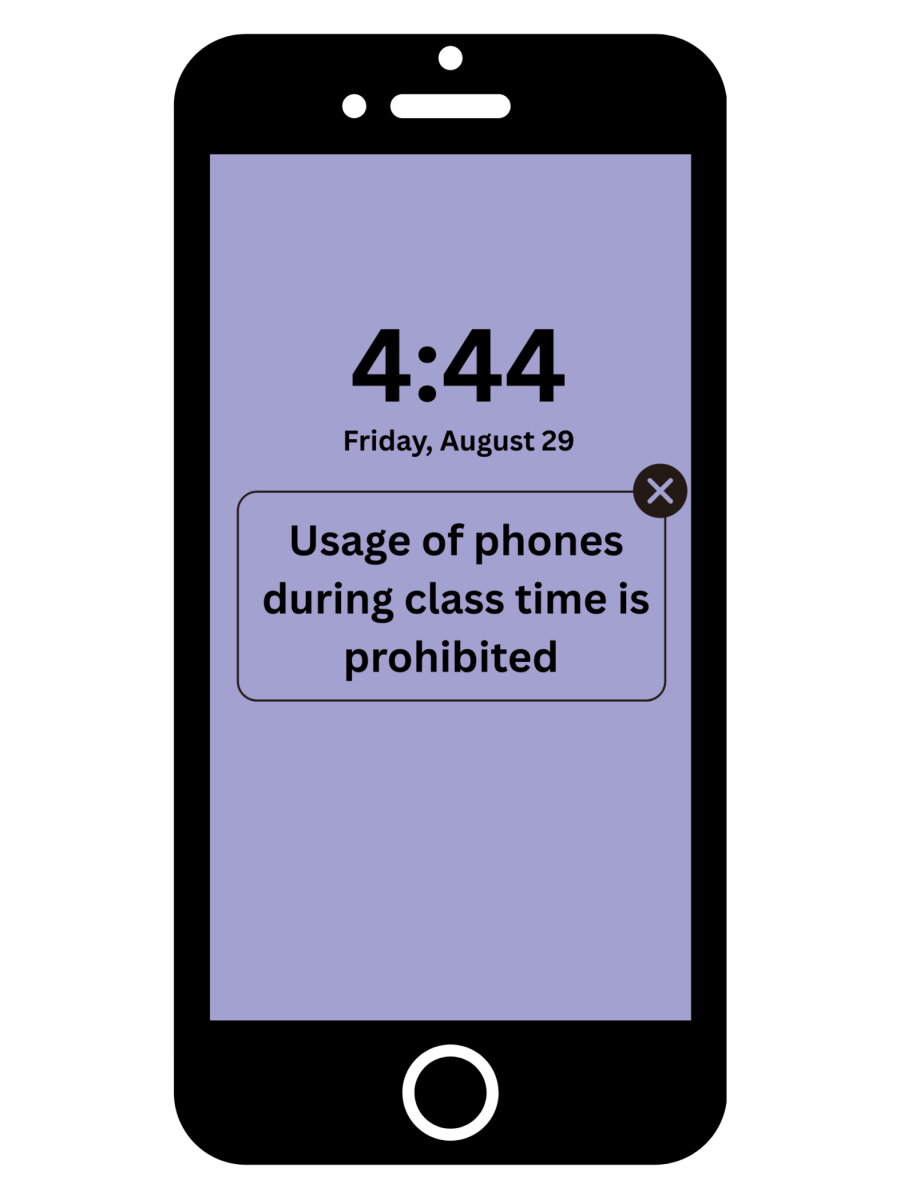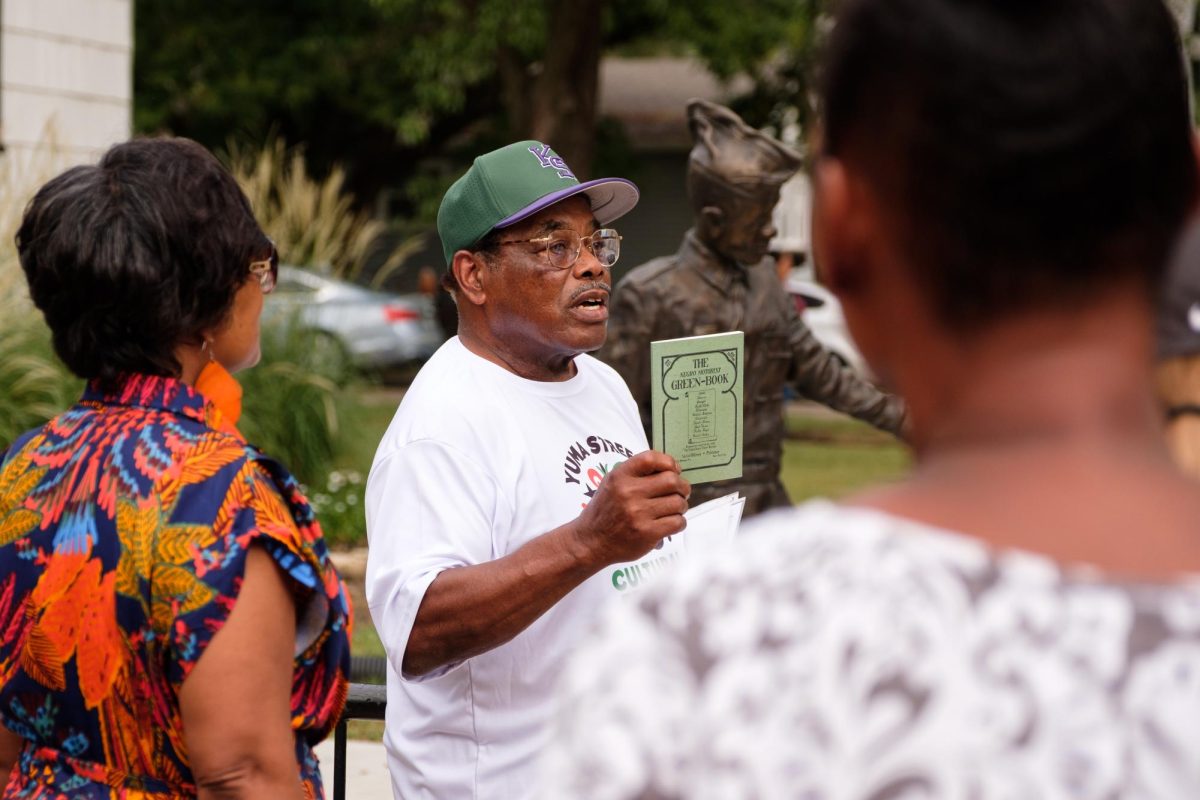Image: Freepik
Even with the best safety measures in place, accidents and emergencies can still occur on campus. In such scenarios, it is important not to be caught off guard: being prepared and knowing what steps to take can make a significant difference in ensuring everyone’s physical and mental well-being.
This guide will walk you through crucial actions to maintain safety and restore calm, allowing you to respond effectively when situations arise.
Keep Everyone Safe by Responding Quickly
When an incident happens on campus, and the clock starts ticking. In this scenario, your ability to act swiftly can make all the difference. It can ensure safety, reduce the chaos that follows an event, and, potentially, save lives.
A quick response not only reduces risks but also helps maintain a sense of security among students and staff. Here’s how campuses can ensure quicker response times:
- Train staff in emergency protocols.
- Install alarms and notification systems.
- Conduct regular emergency drills.
- Develop a rapid response team.
- Hold workshops on first aid.
- Use technology for real-time updates.
- Encourage peer safety monitoring.
- Establish clear communication channels.
- Regularly update emergency plans.
- Partner with local authorities.
Report What Happened
Accurate incident reporting is the main pillar of any effective post-incident strategy. Accurate reporting can help those in charge of managing different aspects of the accident, like police forces and lawyers, to get a clear picture of what happened. Campuses and managers can also use this information to identify the root cause and prevent similar incidents in the future.
When documenting an event, it is important to collect every detail about the incident, who was involved, what actions were taken, and the outcomes. These reports not only guide future safety improvements but also assist in legal matters, should they arise.
Share Information Quickly
Every event, accident, or emergency is typically followed by moments of fear, chaos, and overwhelm. In this scenario, it is critical to communicate information quickly, and to the right people.
Timely communication is essential to maintain order and calm, and it can help authorities and respondents identify the best courses of action.
For campuses, it is crucial to establish multiple channels of communication even before an accident happens, such as email alerts, text messages, and social media updates, to reach everyone efficiently. Doing so helps prevent rumors and correct misinformation, reducing panic and fostering a sense of control.
Get Professional Help
In the aftermath of an incident, overwhelm and stress can take over, especially if there is no expert to guide the situation.
After all, campus managers, faculty staff, and students might not be equipped to handle these challenges alone.
This is where talking to an expert can provide significant relief. For instance, a professional trauma cleaning service ensures thorough and safe cleaning after accidents, restoring the affected area.
This can help those involved begin their recovery, and everyone else on campus to restore their daily routine, which is important for mental, physical, and academic health.
Think of various incidents: chemical spills may require environmental specialists; fires often need restoration experts; and for health-related crises, public health professionals are invaluable.
Offer Emotional Support to Those Affected
Millions of students today are experiencing the mental health crisis sweeping the nation. And, when a traumatic event takes place on campus, the levels of stress, worry, and anxiety may skyrocket. This is why it is important for campus managers and specialists to set up support systems to assist those affected, as well as their families and friends.
Offering resources like counseling centers, peer support groups, and workshops on stress management helps restore a better learning and personal development environment.
Upgrade Campus Safety and Security Measures
The peace of mind of students and staff members highly depends on how safe they feel on campus. After an accident, campus residents may start to feel less safe and worried for their wellbeing, which can affect the environment as a whole.
Because of this, after an accident takes place, campuses should evaluate the situation and adjust their risk assessments and safety measures to prevent similar events from taking place again.
Why It’s Important to Stop Accidents Before They Happen
Having an efficient emergency response strategy in place is important, but knowing how to prevent accidents is even more crucial.
Because of this, campuses should conduct regular risk assessments, implement effective crisis management strategies, and embrace preventative measures. These actions not only safeguard physical spaces but also help build a secure learning environment.




















































































































